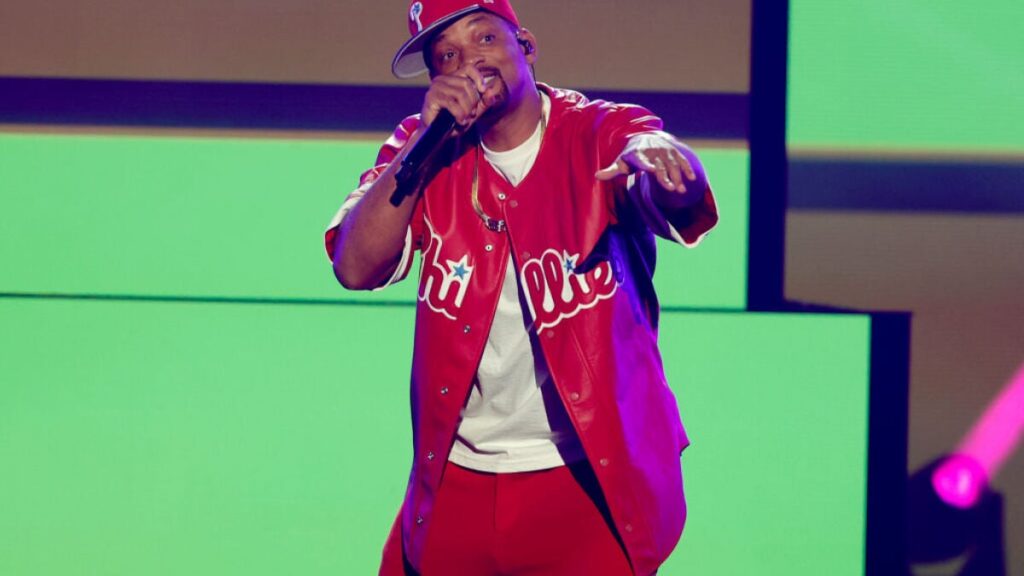
In a recent development that has stirred debate among fans and tech enthusiasts alike, a promotional video on Will Smith’s official YouTube channel has come under scrutiny for allegedly using artificial intelligence (AI) to generate crowd scenes. The video, which showcases Smith performing his latest track “You Can Make It,” has prompted viewers to point out signs of AI manipulation, citing distorted faces and hands among the audience.
The video, intended to highlight the enthusiastic reception of Smith’s new song, has instead led to a wave of skepticism. Commenters on YouTube have been vocal in their criticism, with one user remarking,
“Ok, this guy definitely has a humiliation fetish. No other explanation for releasing a crowd of AI abominations holding up misspelled signs about how he saved their lives.”
Another user lamented,
“Imagine being this rich and famous and having to use AI footage of crowds and bot comments on your video. Tragic, man. You used to be cool.”
The Rise of AI in Media
This controversy comes amidst a broader trend of AI-generated content becoming more prevalent in media and entertainment. Advanced AI video generators, such as Google’s Veo 3 and newer companies like Kling, Pika, and Luma, have made it increasingly difficult to distinguish between genuine footage and AI creations. This technological advancement has led to a growing mistrust among audiences, who are becoming more critical of the authenticity of visual media.
The phenomenon, often referred to as “AI slop,” describes the influx of low-quality, AI-generated content designed to capture attention online. This trend has sparked debates about the ethical implications and artistic integrity of using AI in creative industries.
Reactions and Ethical Considerations
The use of AI in Smith’s video is not an isolated incident. The entertainment industry has witnessed several instances where AI-generated content has sparked backlash. For example, rock legend Rod Stewart recently faced criticism after playing an AI-generated video at a concert, depicting the late Ozzy Osbourne alongside deceased artists like Tupac and Bob Marley. Similarly, journalist Jim Acosta was criticized for “interviewing” an AI version of a Parkland shooting victim, raising ethical concerns about exploiting sensitive subjects.
These instances highlight a growing discomfort with AI’s role in media, where the line between innovation and insensitivity is often blurred. As AI technology continues to evolve, the entertainment industry must grapple with questions about authenticity, consent, and the potential for exploitation.
Looking Ahead: The Future of AI in Entertainment
As Will Smith’s tour continues in the UK and moves on to Paris, the question remains whether AI-generated content will become a staple in promotional materials. The debate surrounding AI in media is likely to intensify, with audiences demanding greater transparency and accountability from artists and creators.
Experts suggest that while AI offers exciting possibilities for creative expression, it also poses significant challenges. The key, they argue, is finding a balance that respects both artistic vision and audience expectations. As AI technology becomes more sophisticated, the entertainment industry will need to establish ethical guidelines to navigate this new landscape.
In the meantime, fans and critics alike will be watching closely to see how artists like Will Smith respond to the growing scrutiny of AI-generated content, and whether future projects will address the concerns raised by this latest controversy.







